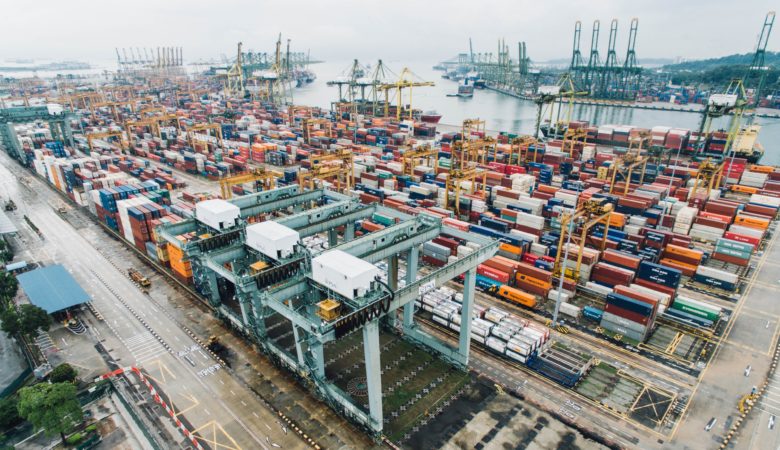Growth in Services Trade Highlights Trade Barriers
Services trade to spur global COVID-19 economic recovery by adding $2 trillion over the next five years, says Oxford Economics and Western Union in a recent report. Analysts there predict the value of international, cross-border trade in services will rise from $6.1 trillion in 2019 to $8 trillion by 2025, creating a 31% increase in value.
As economics increase in complexity, services trade has taken over as their comparative advantage in modern economies. The United States, for instance, is the world’s top services exporter and enjoys a $250 billion surplus in services trade.
Globally, services account for 55% of all global trade flows, equating to $13.7 trillion of cross-border transactions in 2019. That is a 50% increase from 2010.
The rapid growth of trade in services has been accelerated by the adoption of new technologies and the digitization of working practices, which COVID-19 has only accelerated. Part of the enabling process has been the explosion of 5G investment. Companies are investing $900 billion worldwide in 5G networks and creating up to 1.8 billion connections to 5G worldwide between 2020 and 2025.
The growth in services trade promises to shine a spotlight on the many abusive trade barriers faced by the industry. Different from tariffs, the services industry faces an onslaught of licensing procedures, local content requirements, rules on foreign ownership, and the specter of taxes on electronic transmissions. The WTO estimates that trading services across borders are roughly 4.5 times more costly when compared to exchanging services in the domestic market, which is twice as costly as trading agricultural goods across borders.
Oxford Economics estimates removing these trade barriers could boost global services trade 11% by 2025, leading to an $890 billion increase in the value of services traded globally.
This incentive should also lead to a focus on trade agreements under negotiation to have strong chapters on services, as well as digital trade, such as the one found in the USMCA which prohibits localization and taxes.
Tristan van der Vijver, the Head of Compliance of Western Union’s Business Solutions and WUIB, remarked that “undoubtedly there will be regulatory hurdles that could affect the growth of the global trade in services in the coming years, but policy liberalization and collaborative regulatory framework could deliver substantial gains for international trade in services and help reinvigorate the global economy in the years to come.”
At the end of the day, it will be countries with an environment conducive to digital competitiveness that will win services trade. In the next five years, digitally deliverable business to business, ICT, and financial services are set to contribute almost 62% of the expected $1.9 trillion increase in the value of total trade.
Photo Credit: CHUTTERSNAP

